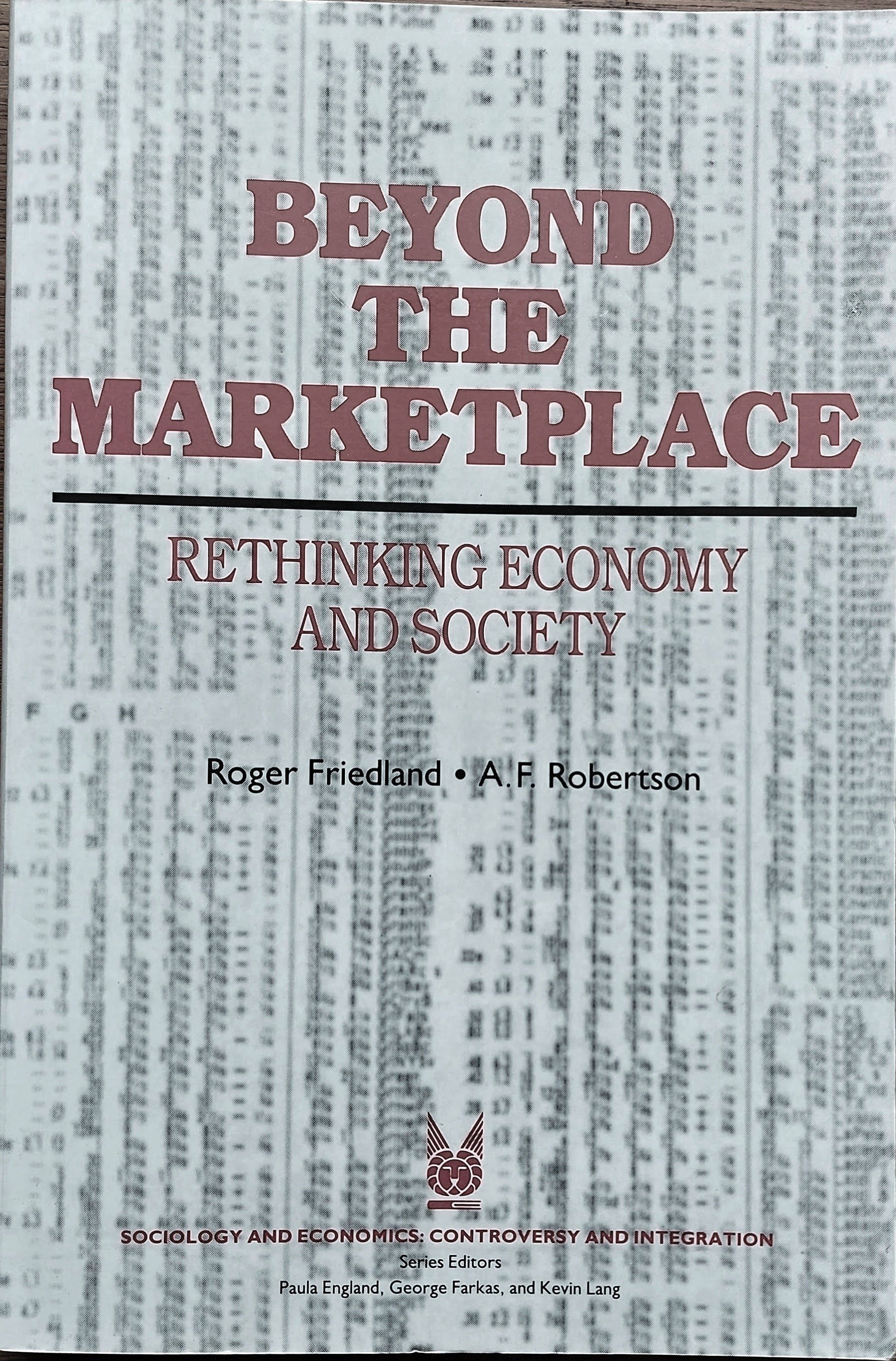Families, history and institutions
How do the reproductive needs of families interact with social institutions and shape historical trends? Here are some of the studies I have published on these issues.
The dynamics of productive relationships analyses sharecropping systems in different parts of Africa as flexible and continuously evolving relationships between households with different resources, matching land and labour in ways that allow families to grow and to weather the ever-changing challenges of the life-cycle. Beyond the family discusses cases ranging from how Lesotho women contributed to the modern South African economy, to the historical effects of the family on the development of capitalism, to demonstrate that the ramifications of human reproduction extend far beyond the family: the goal of reproduction plays an essential role in everything from the organization of political parties to the growth of banks and factories.



